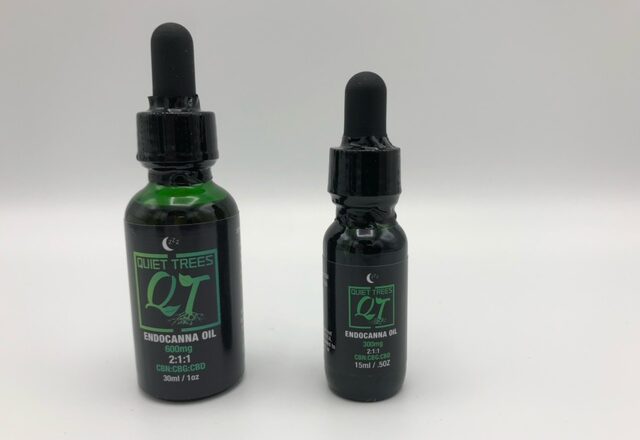In recent years, the popularity of cannabidiol (CBD) has skyrocketed, with an array of touted health benefits ranging from pain relief to anxiety management. Among the various potential benefits, one area that has garnered significant attention is its impact on liver health. As research delves deeper into the effects of CBD on the human body, understanding its relationship with liver health becomes increasingly crucial. In this article, we delve into the research surrounding CBD and its effects on liver health to provide a comprehensive understanding of this complex relationship. For additional tips and ideas about CBD and liver health, why not try these out to learn more?
The Liver: A Vital Organ
Before delving into the specifics of CBD’s impact on liver health, it’s essential to grasp the significance of the liver in the human body. Often referred to as the body’s powerhouse, the liver plays a vital role in various physiological processes, including detoxification, metabolism, and nutrient storage. Any disturbances in its functioning can have profound implications for overall health.
CBD and Liver Function: What the Research Says
Numerous studies have explored the effects of CBD on liver function, albeit with varying results. Some research suggests that CBD may have hepatoprotective properties, meaning it could potentially protect the liver from damage. For example, a study published in the Journal of Molecular Medicine found that CBD attenuated liver injury induced by chronic alcohol consumption in mice, highlighting its potential therapeutic value in mitigating alcohol-induced liver damage.
However, it’s essential to approach these findings with caution, as conflicting evidence also exists. Some studies have raised concerns about the potential hepatotoxicity of CBD, particularly at high doses. A study published in the journal Molecules reported that high doses of CBD administered to mice resulted in liver damage, albeit in a dose-dependent manner. These findings underscore the importance of dosage and the need for further research to elucidate the precise mechanisms underlying CBD’s effects on liver function.
Understanding the Mechanisms: How Does CBD Affect the Liver?
To comprehend CBD’s impact on liver health, it’s crucial to understand the underlying mechanisms involved. CBD interacts with the endocannabinoid system (ECS), a complex network of receptors and neurotransmitters involved in regulating various physiological processes, including appetite, mood, and pain sensation. Within the ECS, CBD interacts primarily with cannabinoid receptors, namely CB1 and CB2 receptors.
Research suggests that CBD’s effects on liver function may be mediated through its interactions with these receptors. For instance, studies have shown that CBD modulates CB2 receptor activity, which plays a role in regulating inflammation and immune response in the liver. By modulating these pathways, CBD may exert protective effects on liver cells, thereby potentially mitigating liver damage induced by various factors.

The Role of Dosage and Safety Considerations
One crucial aspect that cannot be overlooked when discussing CBD and liver health is dosage. As with any supplement or medication, the dosage of CBD can significantly influence its effects on the body, including the liver. While low to moderate doses of CBD are generally well-tolerated, high doses may pose risks, including potential liver toxicity.
Therefore, it’s essential for individuals considering CBD supplementation to exercise caution and consult with a healthcare professional, especially if they have pre-existing liver conditions or are taking medications metabolized by the liver. Additionally, opting for high-quality CBD products from reputable manufacturers can help mitigate the risk of contaminants and ensure product safety.
Conclusion: Navigating the Complexities of CBD and Liver Health
In conclusion, the relationship between CBD and liver health is multifaceted, with research yielding conflicting findings regarding its effects. While some studies suggest potential hepatoprotective properties, others raise concerns about hepatotoxicity, particularly at high doses. Understanding the mechanisms underlying CBD’s effects on the liver is crucial for elucidating its therapeutic potential and ensuring safe usage.
As research in this field continues to evolve, it’s essential for both consumers and healthcare professionals to stay informed and approach CBD supplementation with caution. By prioritizing safety, considering dosage, and consulting with healthcare providers, individuals can navigate the complexities of CBD and liver health more effectively, maximizing potential benefits while minimizing risks.



